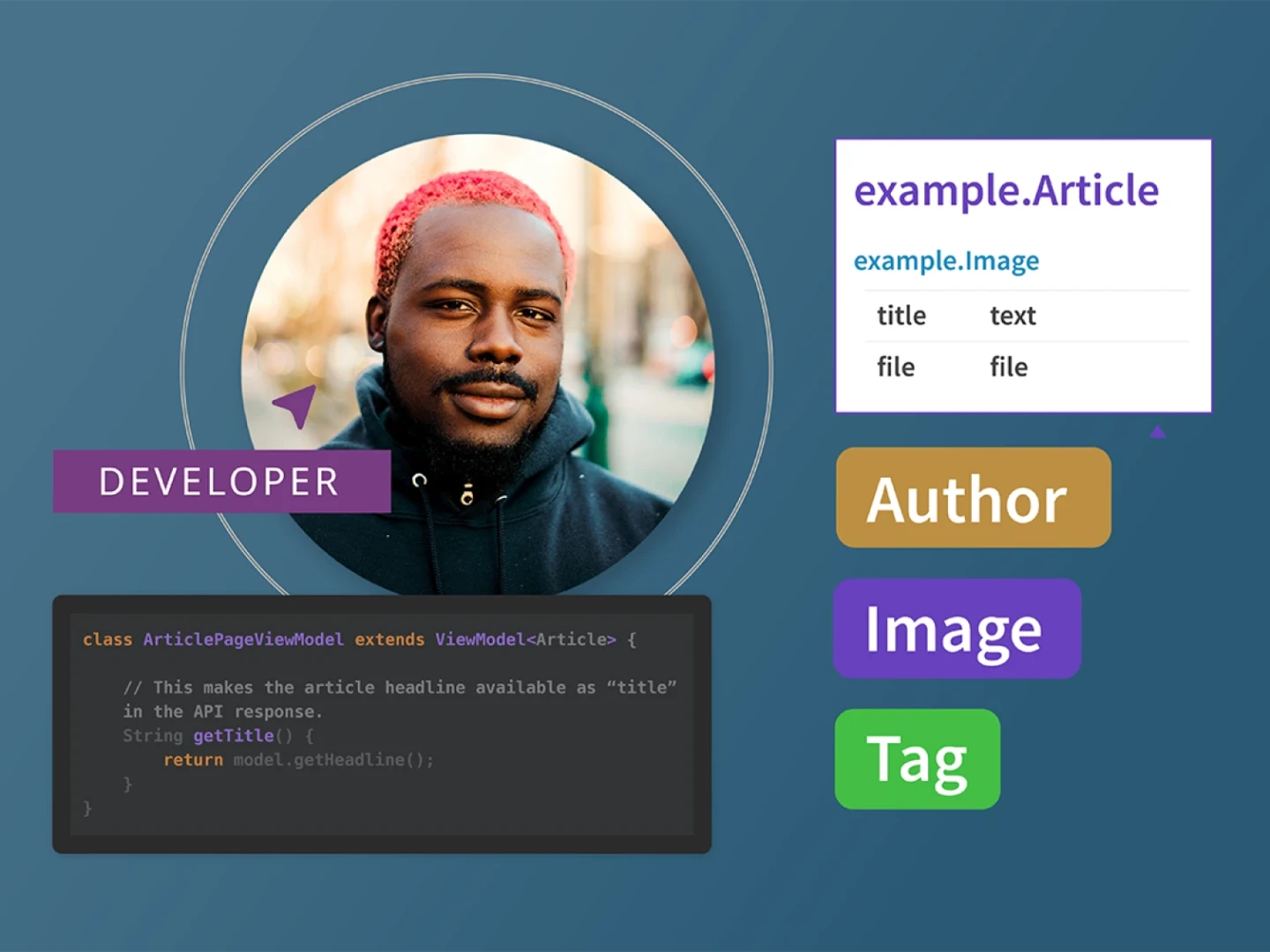Content management systems are built using a variety of programming languages, including C#, Java, PHP and Python. While some tech experts may swear by a particular language, there’s no one-size-fits-all solution for developing a CMS. As with climbing a mountain, there are many paths to success, and there are many viable programming languages to create a CMS.
When choosing a language for your CMS, several factors come into play, including the availability of developers with knowledge of the language, web solutions available in the language and the language’s staying power.
The best programming language for CMS development is the one that works best for your organization when considering these three points.
No matter which language best supports your efforts, again, keep in mind the three bullets above: how well known the language is, how readily available web solutions are for the language, and how likely the language will persist into the future.
C# is known for its excellent performance and strong security features, making it a good choice for enterprise-level CMS development. Java offers scalability, reliability and portability across multiple platforms, making it a popular choice for large-scale CMS projects. PHP is widely used for its simplicity and ease of use, particularly for smaller projects, but can be less suited for large-scale enterprise solutions. Python offers an easy-to-learn syntax and excellent integration with other technologies, making it a good choice for rapid development and prototyping. However, its performance can be slower than other languages, which may be a concern for some CMS projects. Ultimately, the choice of language for CMS development will depend on the specific needs and requirements of the project.
Java, for one, is an extremely popular language in software development. Java developers are everywhere. That means the hiring pool is exponentially larger than it would be with many other languages.
Java is a straightforward, class-based, object-oriented language that allows developers to easily reuse their code in many different places.
However, some technical personnel don’t like Java due to its speed and verbosity. It can be memory-consuming, and slower than other, natively compiled languages.
C# is similar to Java. It’s another general-purpose, object-oriented programming language, and it’s about five years younger than Java; however, C# has some native capabilities, like changing a certain type to add fields to it, that other languages like Java may not have.
C# is also a very popular language, expanding the potential hiring pool. It also integrates well with Windows (it’s part of Window’s .NET framework), and carries some security assurance given that it’s a compiled language, preventing hackers from having access to the source code in the case that they hack you; however, applications that use compile code need to be re-compiled and re-deployed any time a change is made, major or minor, which can be a time suck.
PHP is a web-programming language that was made to code the back end for websites. That being the case, there are a number of available tools, and the language itself is tailored for these kinds of use cases. It’s a shoe-in language for content management systems.
Like Java and C#, it’s a straightforward language. If you’re familiar with one of the others, you’ll pick up PHP pretty quickly. It also comes with built-in database connection modules that serve to reduce development time (and headaches) related to applications and sites.
However, if a developer were to choose between PHP and, say, Python, Python would win out due to PHP’s lack of machine learning libraries and thus potential inability to scale in the future business needs.
It depends. Here are some pros and cons.
Python, which has been rising in popularity over the past decade, ranks among the easier programming languages to learn. As such, there are countless Python libraries that already exist, and many exist for web development. It’s also a great language for prototyping (as you would expect from a language very commonly used by data scientists). Like Java, due to its popularity, the hiring pool is much wider than it would be with other programming languages, too.
There’s always the other side of the coin, though. One con is that Python is dynamically typed, which back-end engineers classically dislike since it is more prone to errors. And those errors are easier to introduce, and harder to find.
Java and PHP are both popular choices for developing a CMS, and which language is better depends on various factors. Java is known for its stability, scalability and security, making it a good choice for enterprise-level CMS. It also allows for easy integration with other applications and systems. On the other hand, PHP is faster and easier to learn than Java, and has a large community of developers and resources available. It’s also a good choice for smaller projects and can handle a high volume of traffic. Ultimately, the choice between Java and PHP depends on the specific requirements and goals of the CMS project.
Other CMS programming language considerations
- The language should be easily read and understood to save time during code review.
- Consider the completeness of the programming language you plan to use. If you have to recreate elements that would not need recreation if you used another language, it is worth considering.
- The language should be flexible enough to support the various goals of your organization.
- It’s beneficial to have a community around the language to assist your developers in problem-solving or to import existing libraries, saving them time.
Brightspot’s preferred CMS programming language
When choosing a programming language for their CMS, Brightspot initially considered C# but ultimately opted for Java due to its popularity at the time of their platform’s inception in 2008.
Java allows Brightspot developers to model content types using Java classes, enabling them to alter the data model without being restricted by database schema or other configurations, streamlining development.
The editorial user interface in Brightspot is automatically generated from the underlying Java classes that define content objects, making Java an essential tool for creating intuitive content types, flexible integrations, APIs, intuitive workflows, smart roles and permissions, rich-text editing and more.
If you’re considering programming languages for your content management system, keep these considerations in mind. However, if you want a platform that meets every use case and is continuously improving, try Brightspot.






